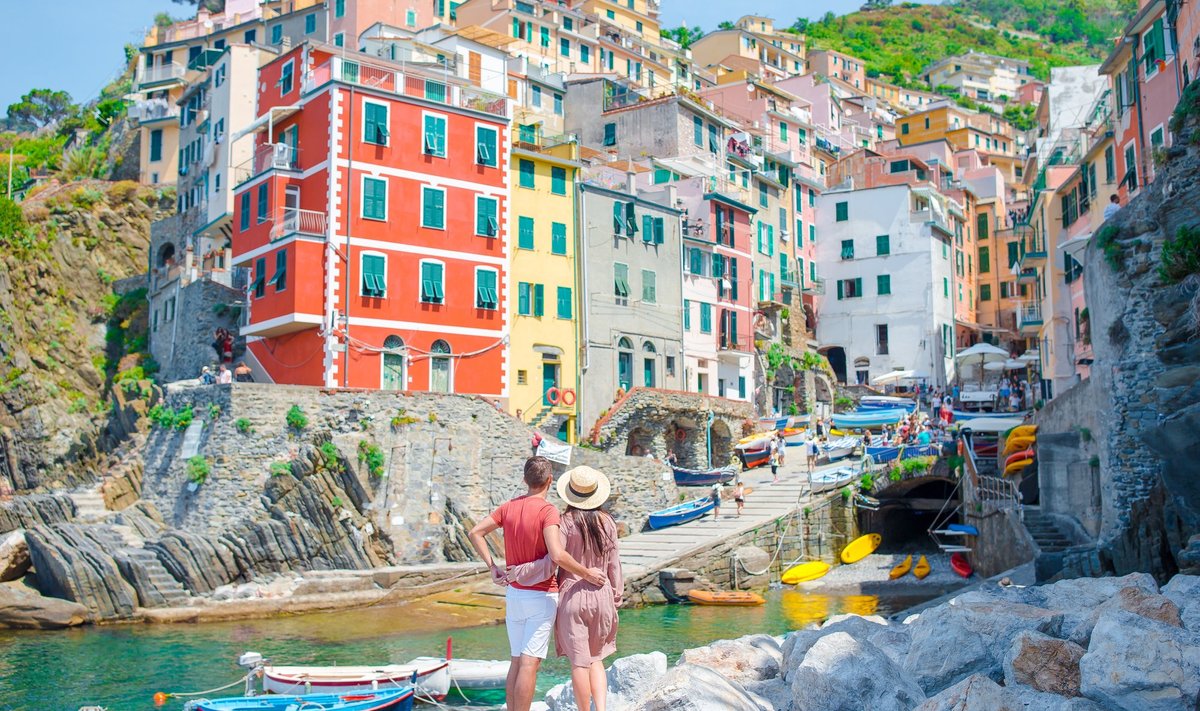Italy is one of the latest popular tourist destinations to consider imposing restrictions on short-term residential property rentals by tourists in historic city centers. This is done to free up more housing for residents.
The proposal sparked a heated debate between residents, entrepreneurs, hotel owners, cities, and the country’s government.
What is the problem with short-term rental housing for tourists?
Last week, Italy’s tourism ministry released the first draft of a new law that it says would restrict short-term rentals by tourists, including Airbnb, across the country.
The purpose of the law is not only to solve the problem of the lack of affordable housing in Italy’s major cities but also to deal with chronic overcrowding in many tourist destinations.
However, not everyone in Rome is happy with the bill. Some say it’s not good enough, and hoteliers are demanding more fairness and applying the same rules to all properties.
What might the new rules look like?
A requirement for a minimum stay of two nights and the maintenance of a nationwide register of short-term rentals instead of separate registers that currently exist are some of the main measures included in the decree.
“Rome today has more than 25,000 accommodation units, equivalent to 10,000 hotels,” said Alessandro Massimo Nucara, CEO of Federalberghi, the National Hospitality Association. – To open a hotel, you need to request an infinite number of permits. But when it comes to opening this very “equivalent” of 10,000 hotels, it’s a completely different story, since all these permits are not required.”
The association wants mayors to have more power, control, and the ability to effectively punish those who do not follow the rules. But property managers are determined to protect their business.
How will this affect your choice of vacation rentals?
Andrea Santolini, property manager for Spaghetti Apartments, which operates 15 apartments in central Rome, says hotels and short-term rentals are not comparable.
“Tourists who choose to stay in an apartment are different from those who want to book a hotel room, and it’s not always about budget,” he says. “Apartments are often preferred because of their characteristics, or there are specific reasons behind this choice.”
He adds that many people choose an apartment so they can cook at home rather than have dinner every night at a cafe or restaurant.
Everyone seems to agree that businesses that operate illegally should be fined.
“We advocate that sanctions be imposed on those who do not comply with the rules, and we want the Ministry of Tourism to be responsible for the situation, and not leave it in the hands of the regional authorities,” said Marco Celani, president of the national association for short-term rental housing AIGAB.
While the bill is still a long way from being passed, as tourism is a major contributor to the Italian economy, it will have a major impact on one of the world’s largest short-term rental markets.

